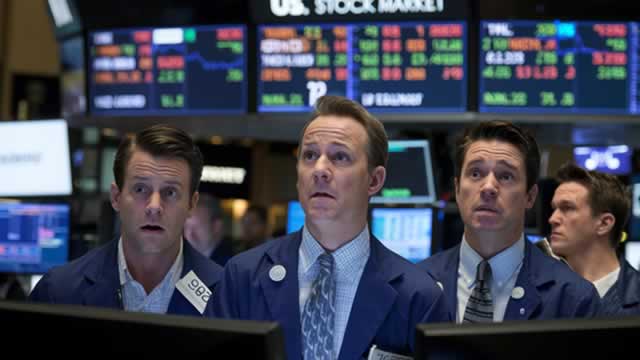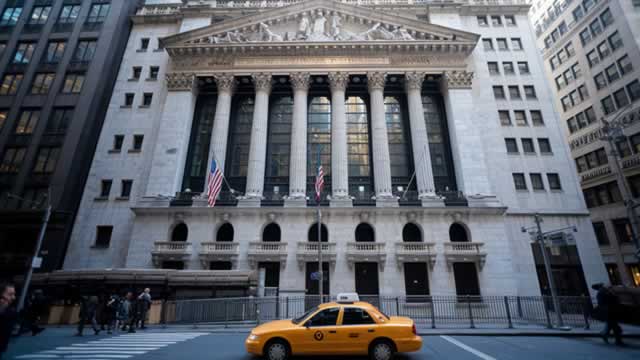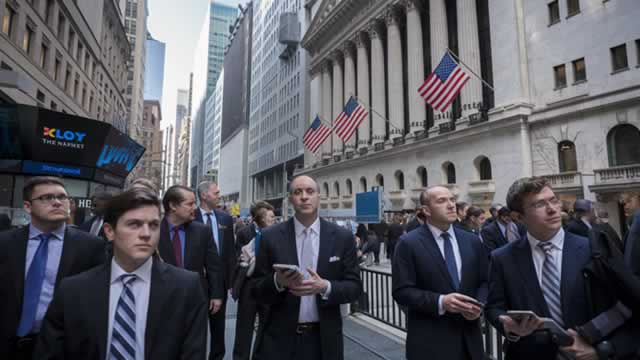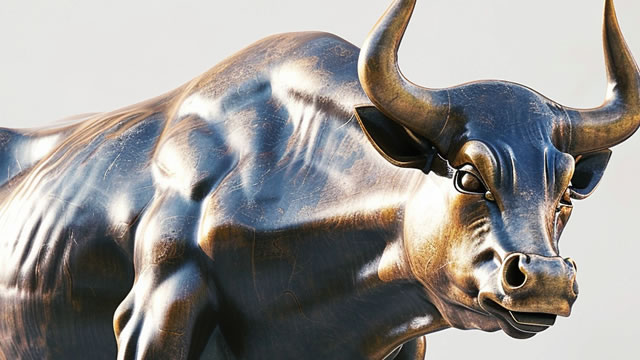A Cautious Central Bank: Fed Vice Chair Jefferson’s Warning on Interest Rates
In a recent statement that sent ripples through the financial world, Federal Reserve Vice Chair Philip Jefferson expressed caution about the timing of any potential interest rate adjustments. Speaking at an event in Chicago on Tuesday, Jefferson shared his concerns about the uncertain policy environment and advised against hasty decisions.
Jefferson’s Perspective
During his speech, Jefferson acknowledged the ongoing economic recovery but emphasized the importance of careful consideration before making any changes to monetary policy. He stated, “Given the substantial progress we have made in reducing unemployment and inflation, I do not think we need to be in a hurry to change our stance.”
Implications for the Economy
Jefferson’s remarks come as the Federal Reserve faces increasing pressure to address inflation concerns, which have been on the rise in recent months. A more aggressive stance on interest rates could help cool down the economy and keep inflation in check. However, a premature rate hike could also risk derailing the ongoing recovery.
The Vice Chair’s comments are likely to fuel ongoing debates among economists and financial analysts about the appropriate timing for any interest rate adjustments. Some argue that the Fed should act quickly to prevent inflation from becoming entrenched, while others believe that the recovery is still fragile and that any rate hikes could jeopardize its progress.
Impact on Consumers and Businesses
For individuals and businesses, the uncertainty surrounding interest rates can create a sense of unease. Higher borrowing costs could make it more expensive to take out loans for mortgages, car purchases, or business expansion. Conversely, lower interest rates can encourage borrowing and stimulate economic growth.
The decision to raise or lower interest rates also has implications for the value of the US dollar. A stronger dollar can make US exports more expensive for foreign buyers, potentially hurting American businesses that rely on exports. Conversely, a weaker dollar can make US goods more competitive in global markets.
Global Impacts
Jefferson’s remarks are not just relevant to the US economy but also have implications for the global economy. The Federal Reserve’s monetary policy decisions can affect exchange rates, asset prices, and investor sentiment around the world. For instance, a more hawkish stance on interest rates could lead to a stronger US dollar, potentially impacting countries with large trade deficits and currencies linked to the dollar.
- Countries with large trade deficits: A stronger US dollar could make their exports more expensive, potentially hurting their economies.
- Emerging markets: A stronger US dollar can make it more expensive for these countries to repay their dollar-denominated debts.
- Commodity-producing countries: A stronger US dollar can make commodities more expensive for buyers in other currencies, potentially reducing demand and lowering prices.
Conclusion
Fed Vice Chair Philip Jefferson’s cautious stance on interest rates adds to the uncertainty surrounding the Federal Reserve’s monetary policy decisions. As the economy continues to recover, the appropriate timing for any rate adjustments remains a topic of debate. The potential implications for consumers, businesses, and the global economy underscore the importance of a well-considered approach to monetary policy.
As we navigate this uncertain policy environment, staying informed and adaptable is key. Whether you’re an individual investor or a business owner, it’s essential to keep abreast of the latest economic developments and adjust your plans accordingly. And, as always, remember that past performance is not indicative of future results. Stay tuned for more updates as the situation evolves.





